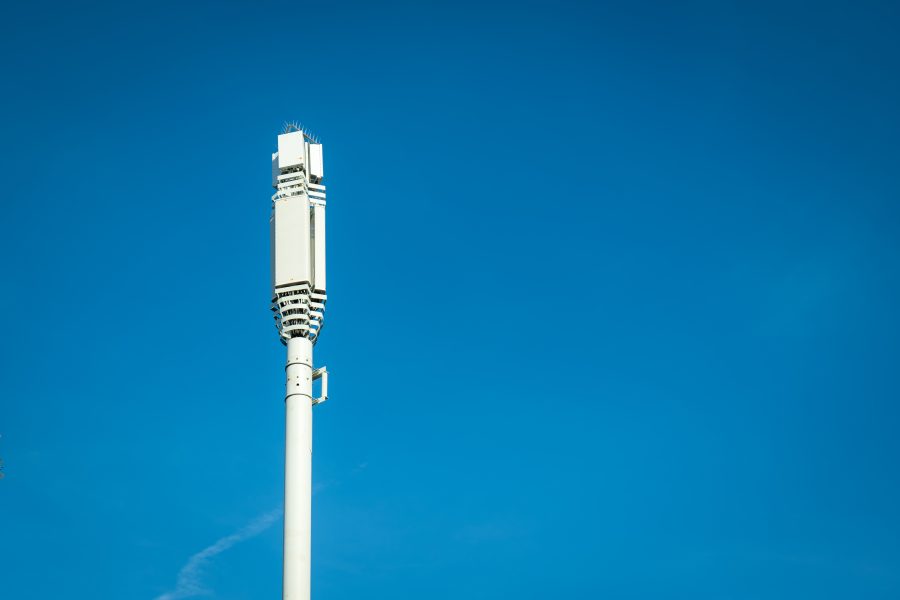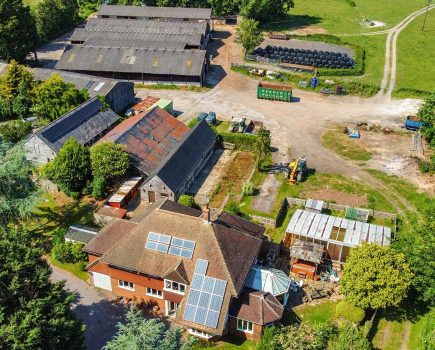It can be tempting to sell the long-term rights to the income from a telecoms mast to a third party ‘aggregator’, but the advice from Batcheller Monkhouse telecoms expert Rob Hepworth is to proceed with caution.
While selling to an aggregator at a premium can be an effective way to raise a considerable sum as a one-off payment, landowners should take professional advice to make sure they are getting the best deal while protecting their own interests. Aggregators are infrastructure investment companies that set out to build a portfolio of mobile phone mast leases, paying the landowner a one-off sum for a leasehold – or occasionally the freehold – of the site. Once they control the site, they can offer the mast to other network operators in order to boost their rental income.
They pay the present value of future rent under a typical lease of 30 years and this is often more than the landowners would have received over the length of the existing contract, which can make it a tempting option and provide useful capital for other projects.
There are downsides, though, and it is important to make sure that there are safeguards in place to ensure future operations at the site will not hamper the day-to-day running of the wider farm or estate.
It is also important to remember that the aggregator making the approach may not be the most generous of the several companies out there. Batcheller Monkhouse has the contacts to set up a competitive bidding process to make sure that the landowner receives the best possible price.
The benefits
- The landowner receives a relatively large upfront payment compared to a low annual Telecoms Code-based rent
- The agreement unlocks the future value of the lease on day one
- The landowner is protected against the possibility of the rent ceasing should the existing operator terminate the lease.
The risks
- There is no clear valuation process (offers range from seven to 20 times the annual rent)
- The landowner may not be able to exercise a redevelopment break when required
- A loss of control over who has access over adjoining land to the site
- The agreement can adversely affect the value of the retained land
- The agreement can adversely affect the landowner’s liability insurance
- In the case of buildings, there is a risk of losing control should the operator want to upgrade the site, which could have an adverse effect on the structure.
The way forward
Batcheller Monkhouse has a huge amount of experience in dealing with telecoms operators and can help ensure the landowner’s interests are protected while getting the best possible return on the asset. The telecoms team can:
- Approach all aggregators in the market to achieve the best value on the best terms in open competition
- Negotiate Heads of Terms providing as much protection as possible to the landowner
- Liaise with a solicitor to ensure that appropriate terms protect the landowner and that all necessary indemnities and insurances are in place
- Liaise with the landowner’s accountant/ tax planner so that tax implications can be fully considered.
For more like this, sign up for the FREE South East Farmer e-newsletter here and receive all the latest farming news, reviews and insight straight to your inbox.







